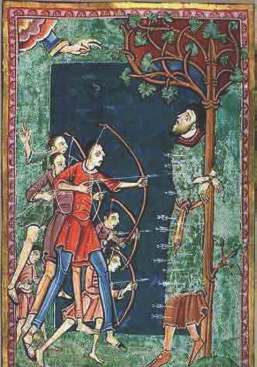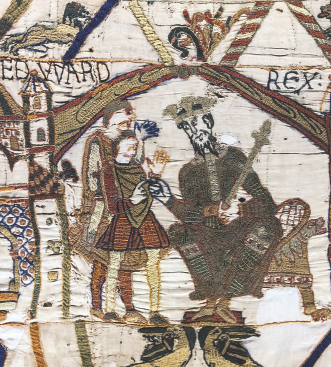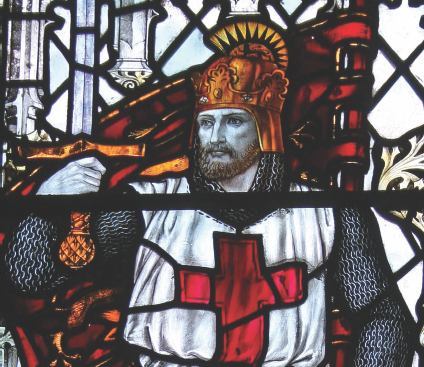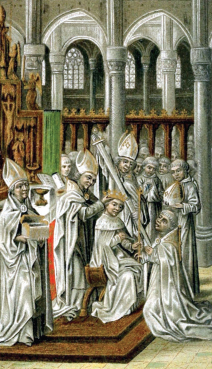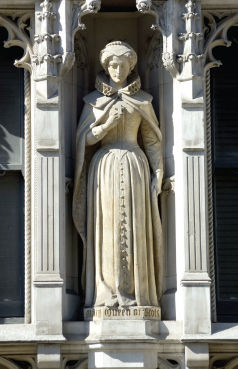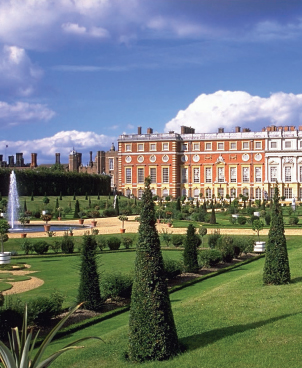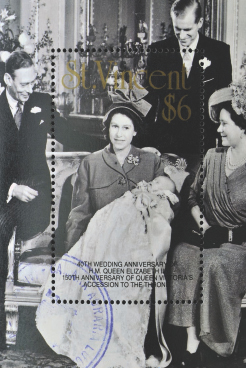T his book is a kind of pageant. It presents a parade of personalities that, to varying degrees, have shaped the history of Britain and the world. While it touches on the larger historical forces in which kings and queens have often been enmeshed, it focuses chiefly on the monarchs of Britain as individual people. While the life stories recounted here are necessarily limiteduntold thousands of pages have been devoted to more detailed biographies of Britains monarchsthis book offers a sense of who these kings and queens were, the situations in which they found themselves, and how they handled the formidable pressures of the crown.
The author F. Scott Fitzgerald famously remarked that the rich are different; he might have done better to say that royalty are different. Though contemporary media culture, with its relentless coverage of the lives and habits of the Windsors, has sometimes made their lives seem almost ordinary, there remains a barrier between them and the rest of us, a sense that they inhabit a separate universe of custom, wealth, duty, and privilege that only occasionally, and in carefully managed ways, overlaps with our own.
Yet at the same time, we know that in the most fundamental sense the kings and queens of Britain have always been very much like us, that they share common human needs and desires and feelings, that they play out their ambitions and personal dramas in the same way the rest of us do in our various arenas. When we look into their personal lives, their triumphs, their errors, we often see in their chronicles our own life stories, written in a script that may be grander and more archaic but which we can still read and comprehend.
That ambiguity, that sense that kings and queens are both like and unlike the rest of us, will always be a source of fascination. In contemplating the enormous personal power of Henry VIII or seeking to understand the far less formidable position of George V, we appreciate how these people can seem at once deeply human and unapproachably distant. And in the dramas of the various British dynasties we encounter, as in the plays of Shakespeare, an astonishing range of personality types and human situations. The more forceful characters have not always made for the most successful reigns, nor have the less charismatic occupants of the British throne always been unsuccessful rulers.
When we think of the kings and queens of England, some storied names come quickly to mind: Henry VIII, Elizabeth I, Henry V, Richard III, George III, Victoria, and Elizabeth II, to take a few, loom larger in our consciousness than most of their predecessors and successors. But some of Britains most magnificent monarchsHenry II, Edward I, and Edward III come to mindhave receded somewhat from our collective consciousness; and some of the most compelling life stories, such as those of the unexpectedly decisive Henry I, the narcissistic Richard II, and the hapless Henry VI, tend to go unappreciated. The outsized personalities of William II, Edward II, and George IV stand out all the more sharply against the seeming dullness of Anne, Victoria, and George V.
And many of the tantalizing what-ifs of British history revolve around the islands monarchs. What if the Saxons under Harold Godwinson had not broken their shield wall at the Battle of Hastings? What if Henry V or Edward IV had lived to reign even ten years longer? What if Catherine of Aragon had succeeded in giving birth to a boy? What if the Gunpowder Plot had succeeded? What if Edward VIII had never met Wallis Simpson? The questions go on, and their implications are endlessly discussable.

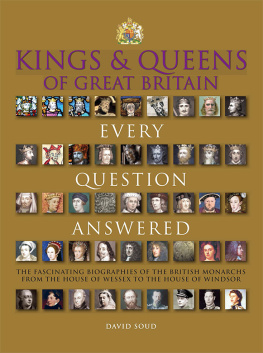
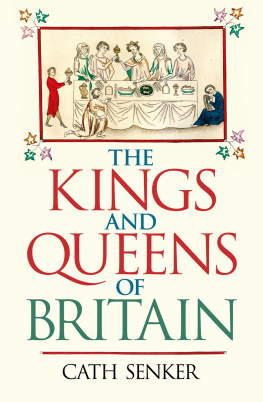


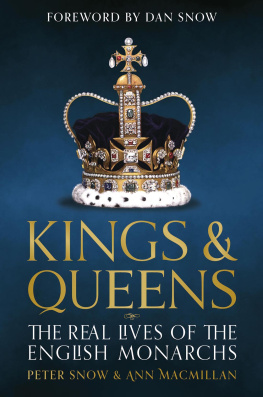
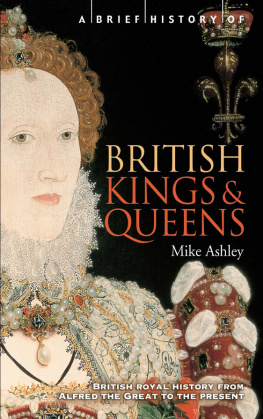
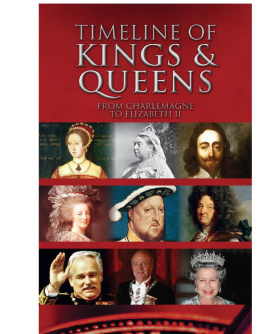
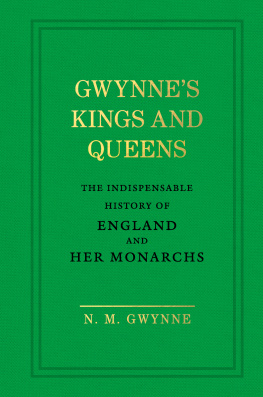
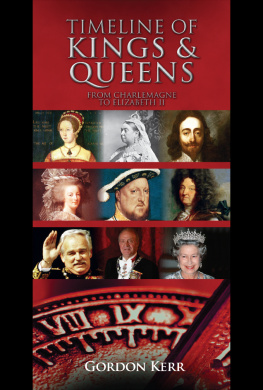
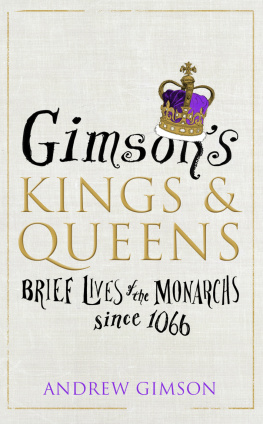
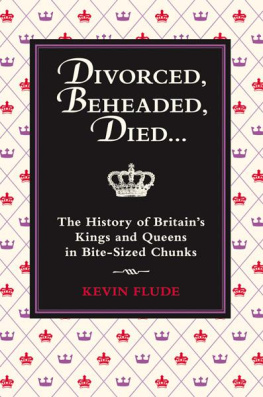
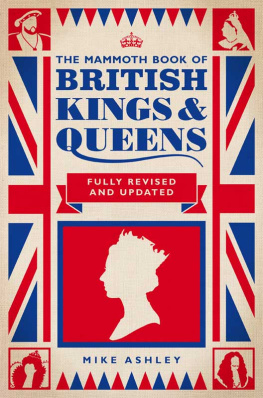
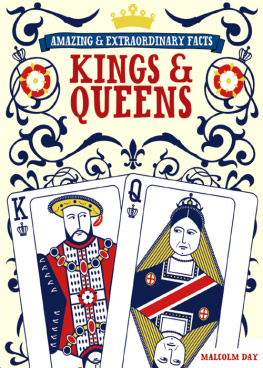

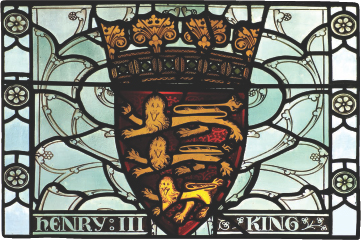
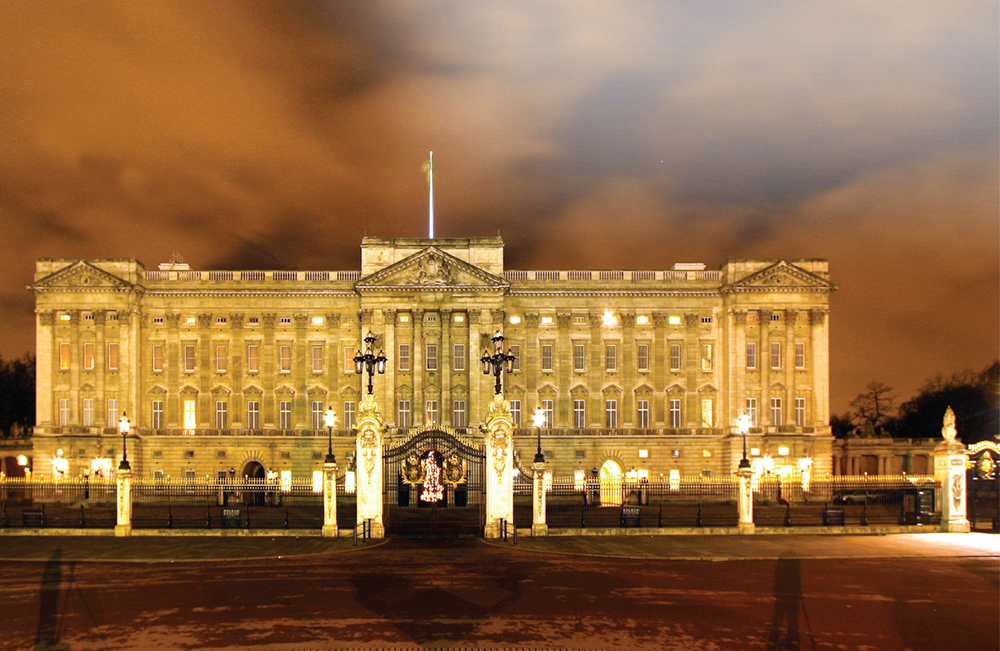

 CONTENTS
CONTENTS 